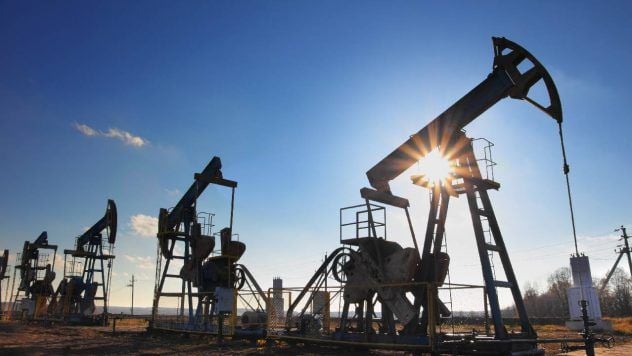
The European Union has decided not to temporarily lower the maximum price for Russian oil. The reason is concerns that the US will not support new sanctions against the backdrop of rising global oil prices.
Bloomberg writes about this.
EU will not reduce maximum price for oil from Russia for now
The EU considered reducing the price ceiling on Russian oil from $60 to $45 per barrel. After a sharp rise in oil prices caused by Israel's attack on Iran, EU countries failed to reach an agreement.
Now watching
Sources familiar with the negotiations report that some member states believe that without US support the new restriction will not work. After the G7 summit it became clear that Washington is not ready for new tough steps against Russia.
During a meeting in the Canadian province of Alberta, President Donald Trump told reporters that sanctions were “costing the United States too much.”
What does the EU's 18th sanctions package provide for?
Despite this, the new EU sanctions package, the 18th since the start of Russia's full-scale invasion of Ukraine, includes other restrictions.
In particular, this concerns a ban on the use of the Nord Stream gas pipelines connecting Germany and Russia, as well as the expansion of SWIFT sanctions against additional banks.
These issues will be discussed at a meeting of EU foreign ministers in Brussels on Monday.
European Commission President Ursula von der Leyen also confirmed that there is no need to lower the price cap for now, saying the current ceiling is working.
“We have seen prices rise in recent days, so the cap is doing its job. There is no pressure to lower the price cap now,” von der Leyen said during the G7 summit.
The EU will not change its pricing policy towards Russian oil for now, but will continue to apply pressure through other sanctions mechanisms.

